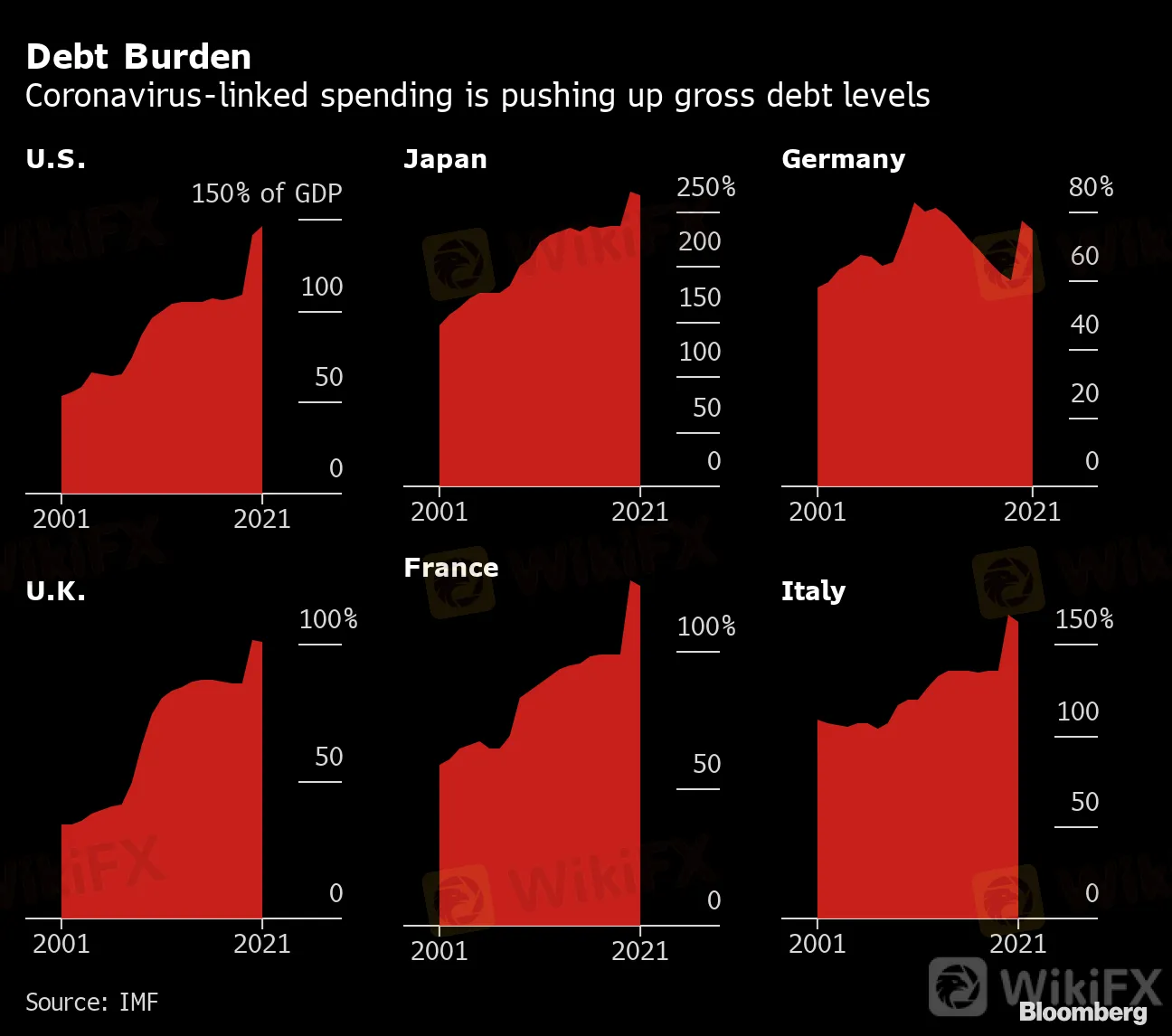简体中文
繁體中文
English
Pусский
日本語
ภาษาไทย
Tiếng Việt
Bahasa Indonesia
Español
हिन्दी
Filippiiniläinen
Français
Deutsch
Português
Türkçe
한국어
العربية
France Mulls Splitting Off Coronavirus Debt to Stagger Costs
Abstract:LISTEN TO ARTICLE 1:31 SHARE THIS ARTICLE ShareTweetPostEmailFrench Finance Minister Bruno Le Mair
French Finance Minister Bruno Le Maire proposed splitting off the debt piled up as a result of emergency spending to tackle the coronavirus and spreading out repayments over years.
In a speech on Monday, he said the extra debt from the Covid crisis would be separated from the pre-existing public debt that stood at close to 100% of economic output at the start of the year. The debt strategy would be similar to CADES, a vehicle France created in the 1990s to repay social security debt.
“This Covid debt, we will pay it back,” Le Maire said. “We will pay it back with economic growth, not with taxes. We will pay it back by confining it and separating it from the 100 points of initial debt.”
Like many countries, France has had to stretch its budget to get the economy through the pandemic and the enforced restrictions on activity in recent months. Its debt ratio is forecast to top 121% of GDP this year after it increased spending on health care and pumped money into programs to protect jobs and businesses.
Le Maire said the state would put an another 500 million euros ($560 million) in an emergency fund to help the smallest companies and the self-employed.
Debt Burden
Coronavirus-linked spending is pushing up gross debt levels
Source: IMF

Given the scale of the economic hit, and with the recovery likely to be slow, many governments have indicated they wont rush to implement dramatic fiscal policies such as spending cuts in the near term to reduce debt.
In the U.K., Chancellor of the Exchequer Rishi Sunak has been asked by members of the ruling Conservative Party to take his time to pay off debt, because moving too aggressively could choke off growth.
Disclaimer:
The views in this article only represent the author's personal views, and do not constitute investment advice on this platform. This platform does not guarantee the accuracy, completeness and timeliness of the information in the article, and will not be liable for any loss caused by the use of or reliance on the information in the article.
WikiFX Broker
Latest News
BI Apprehends Japanese Scam Leader in Manila
Bitcoin in 2025: The Opportunities and Challenges Ahead
Join the Event & Level Up Your Forex Journey
Is There Still Opportunity as Gold Reaches 4-Week High?
Bitcoin miner\s claim to recover £600m in Newport tip thrown out
Good News Malaysia: Ready for 5% GDP Growth in 2025!
How to Automate Forex and Crypto Trading for Better Profits
FXCL Lucky Winter Festival Begins
Warning Against MarketsVox
Is the stronger dollar a threat to oil prices?
Currency Calculator






